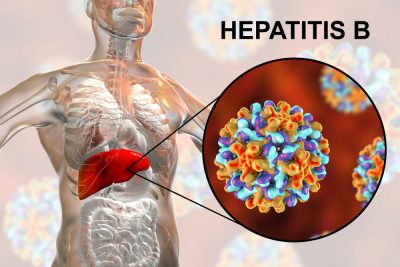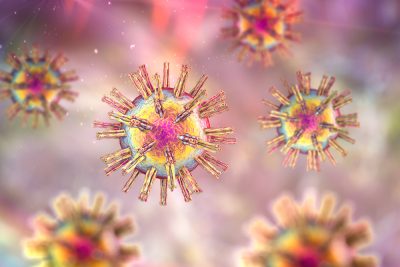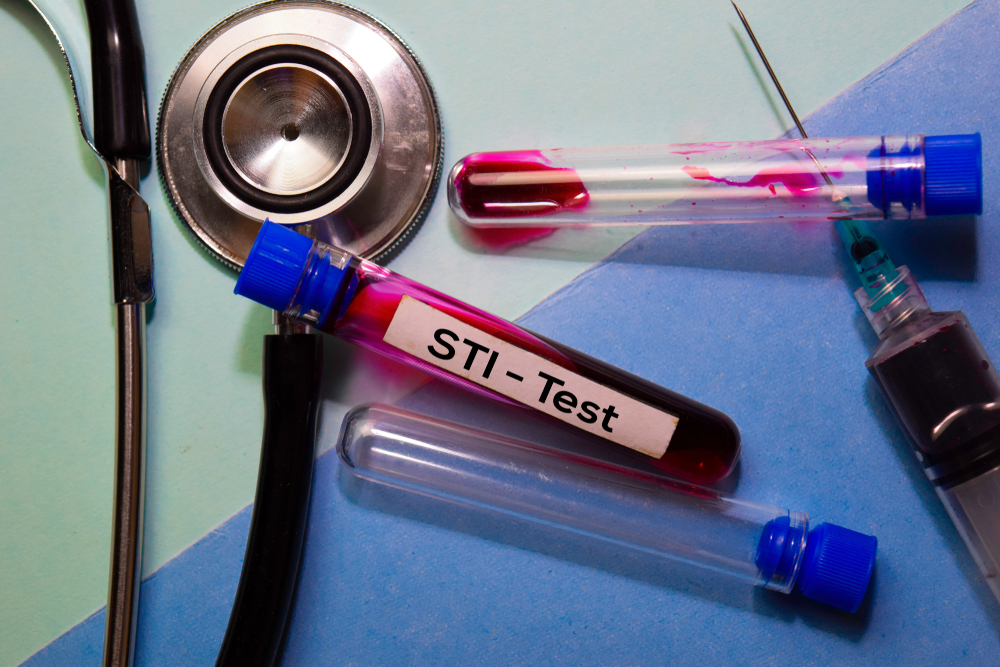As adventurous as the world of sex can be, that’s how malignant it is too. It is a realm where little carelessness can lead to devastating consequences. Hence, the need to be aware of the dangerous sexually transmitted infections that are out there. Funny enough, carriers of these infections do not have a different appearance neither is it etched on their foreheads that they are infectious. Whether you are straight, gay, or bi, there’s the need to take heed. Thus, contained in this piece are seven STIs you must protect yourself against.
STIs; Briefly Defined
STIs is an acronym that stands for Sexually Transmitted Infections. They are also referred to as Sexually Transmitted Diseases (STDs). These are diseases that are contracted from an infectious person through sexual transactions and contacts. STIs are transmitted through body fluid like semen, saliva and infections can spread from vital organs in the body used for sexual activities such as the vagina, penis, anus, or mouth. The known cause of STIs or STDs is bacteria and viruses that grow in moist and warm areas in the body.
How STIs are transmitted
Basically, STIs are transmitted through sexual contacts i.e. sexual intercourse through the vagina, anus (anal sex), or mouth (oral sex). However, it can be transmitted through infected blood contacts. For example, during a blood transfusion or when one share infected objects like needles or blades. It is also likely that a mother infects her baby during periods of pregnancy, child delivery, or breastfeeding. Nevertheless, STIs are not transmitted via casual contacts such as shaking hands, sharing of clothes, or hugging.
Furthermore, it should also be emphasized that anyone is at the risk of contracting an STI. In fact, even teenagers and young adults have a higher risk. Unprotected sexual intercourse, having multiple sexual partners and sharing of unsterilized objects are the major cause of STIs. However, to prevent STIs, you must protect yourself with a condom during sexual intercourse; be faithful to a single uninfected sexual partner, and avoid sharing sharp objects with others as you never can tell who might have been infected already.
The Seven Most Deadly STIs
- Hepatitis B (HBV)
This disease can lead to death if not diagnosed and treated on time. It’s a virus that targets to impair the liver. As a matter of fact, it is spread through body fluids, semen and blood shared during sexual intercourse. Infected mothers are also known to pass the virus to their children. There is no known cure for the disease, however, since the early 1990s, effective vaccines have been produced to manage it. Where chronic HBV exists can be treated with antiviral drugs or a liver transplant. Symptoms vary from person to person but include, abdominal pains, dark urine, and yellowing of the eyes.
- Syphilis
This also is malignant. It is a bacterial infection contracted through oral, vaginal, or anal sex. It is contagious as contact with the sore fluids of an infected person can infect a healthy person. Syphilis is noticeable by sores which appear on genital parts. It can also be transmitted through kissing (exchange of saliva with an infected person). The use of penicillin has been effective in the treatment of this disease. However, if not detected on time can lead to liver failure and eventual untimely death of a person.
- Genital herpes

The Herpes Simplex Virus (HSV) is responsible for this infection. There are two forms of this virus; the Herpes Simplex Virus Type 1 (HSV-1) which can be spread through nonsexual contact and with oral sex; and the Herpes Simplex Virus Type 2 (HSV-2) which is transmitted via bodily fluid during sexual intercourse. Genital herpes manifests in the form of blisters on the genital area. Symptoms include severe itching, pain, ulcers, and scabs. It is also accompanied by flu-like symptoms such as headaches, fever, and muscle aches. It can be treated using antiviral medications.
- Gonorrhea
This disease infects the genitals organs like the rectum and also the throat. It is contracted through unprotected anal, oral, or vaginal sex. It is characterized by the colorful discharge from the penis or vagina and excruciating pain when having a piss. It can be treated with antibiotics.
- Chlamydia
This infection can be benign if discovered and treated on time. It is also marked by painful urination and discharge from the penis for a man while for a woman, it is marked by blood discharge from the vagina and feeling of pain or anal bleeding. If not severe can still be managed with antibiotics.
- Acquired Immune deficiency syndrome (AIDS)
This is one of the most deadly STDs as there is no known cure for it. It’s the severe stage of the Human Immunodeficiency Virus (HIV) infections. It collapses the body’s immune system leading eventually to death. HIV/AIDS is not only spread through sexual contacts but also through blood transfusion and sharing of infected objects with infected people.



